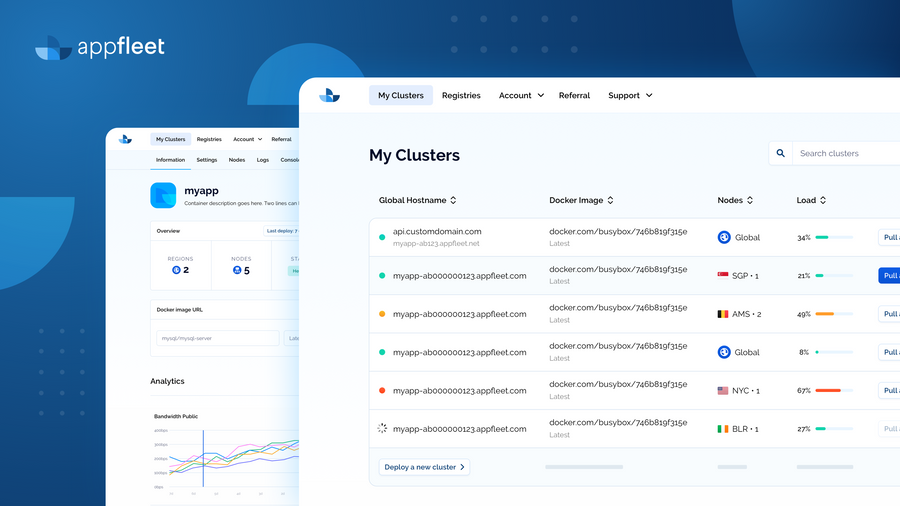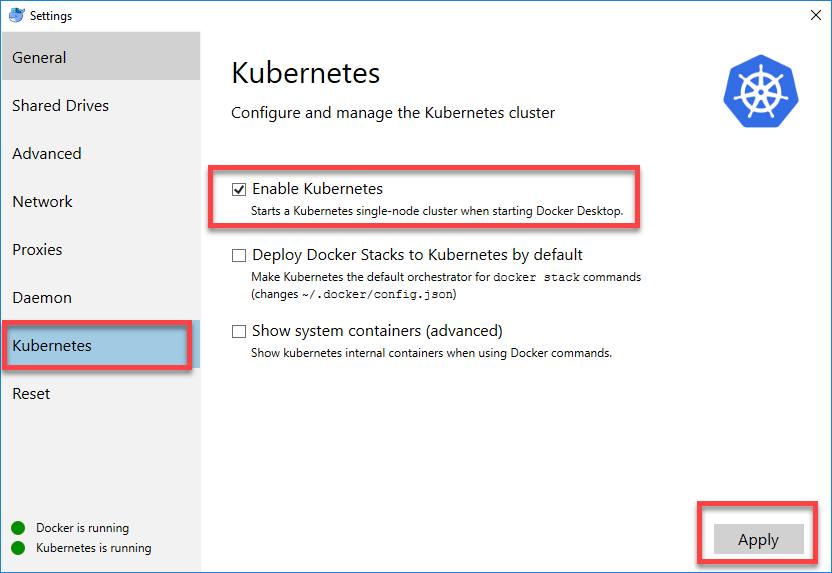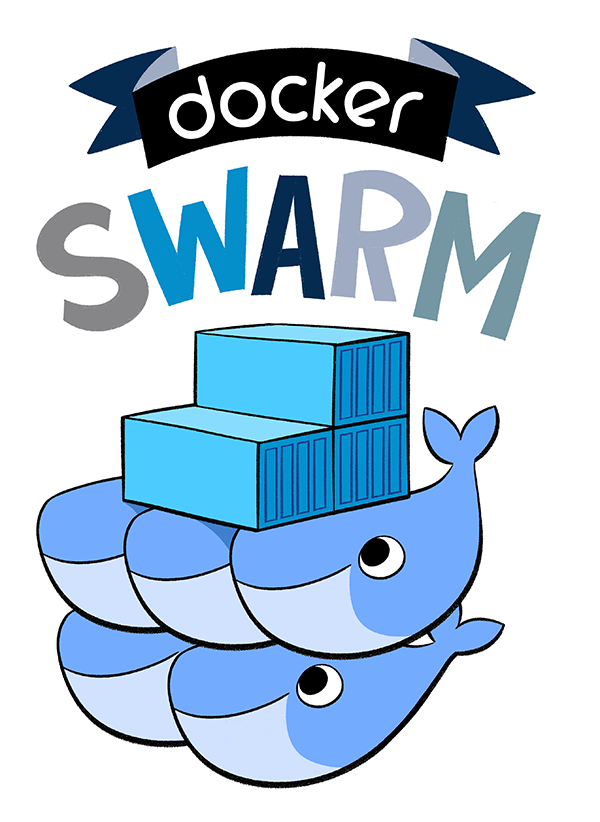appfleet is a Poland based company that develops and offers edge hosting of containerised apps. Edge computing is a trend that emerged a few years back and allows to bring applications closer to the end user, therefore reducing latency and improving user experience. Cloudflare, a player strong in this space, now acquired appfleet, augmenting it’s portfolio of workers with container capabilities. No details of the deal have been made public, however, we will see more of these type of acquisitions with the market starting to consolidate.
Summary: Due to a great synergy between our products, I am happy to announce that Cloudflare and appfleet are joining forces! The appfleet platform is shutting down, with all clusters going offline on October 31st 2021. Long story: When we started working on appfleet our goal was to build an
from the article
Source: appfleet joins Cloudflare





